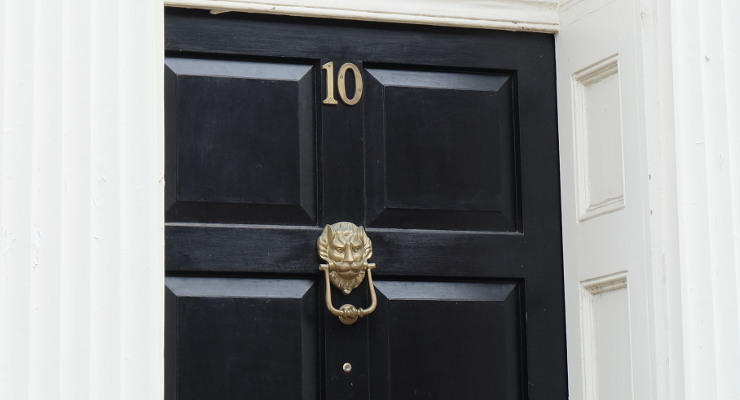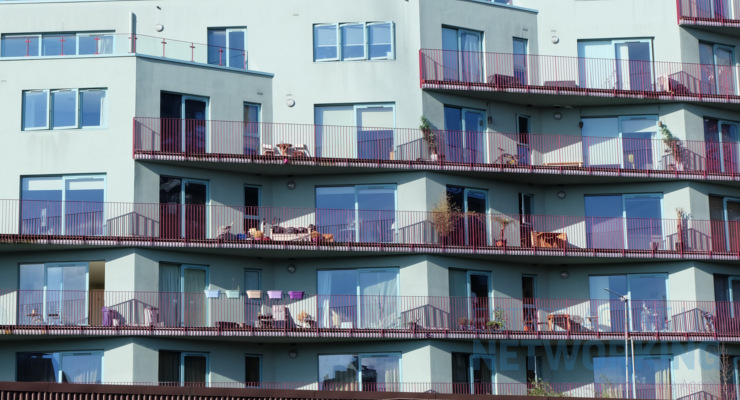Legionnaires’ Disease Prevention: 10 things you need to know
Legionnaires’ disease prevention should be on the radar for any school, nursing home, healthcare institute, hotel or other large building. The disease may not be as rare as you think, with a 450% increase of reported cases in the past two decades.
What is Legionnaires’ disease?
Legionnaires’ disease develops when people breathe in small droplets of water infected by the Legionella bacteria. This potentially fatal disease is a severe form of pneumonia that affects around 500 people a year in England alone. It is fatal in approximately one in 10 cases. Legionella bacteria colonies may grow in man-made water systems.
For this reason, it’s important to control the risks by introducing appropriate testing and prevention measures. Here are 10 things you need to know about Legionnaires’ disease prevention
1. Legionnaires’ disease is a notifiable disease. This means that health professionals are required to inform local health protection teams of suspected cases.
2. Although Legionella bacteria can be found in harmlessly low numbers in natural water systems, it can multiply rapidly in artificial water supply systems such as air conditioning and water warming systems.
3. Legionnaires’ outbreaks usually peak between July and September in the UK (during the warmer summer months).
4. Legionnaires’ disease can infect your building’s hot and cold water systems.
5. Larger buildings with more complex water supplies – such as hospitals, hotels, and office blocks – are more vulnerable to Legionella contamination as bacteria in these systems can spread quickly.
6. The risk temperature range is between 20-45 degrees Celsius. A hot water system should be set to 60 degrees centigrade so that it delivers water to the taps at 55 degrees.
7. It is a legal duty to monitor and check your water temperatures constantly and to assess whether any Legionella risk is pre-set.
8. A Legionella risk assessment must take the individual characteristics of each hot and cold water system into account.
9. All records of assessments and testing of the water system should be kept on hand for two years and then stored or available for up to five years.
10. Sites should have diagrams of their water systems.









